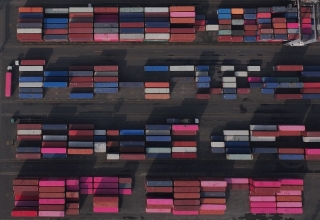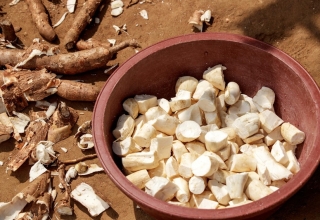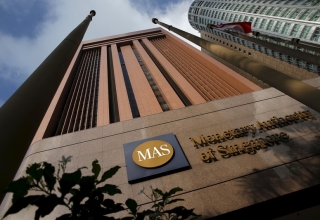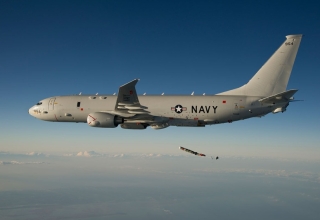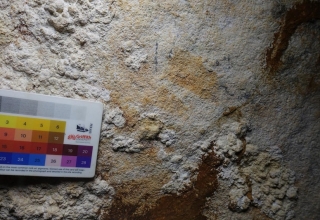
To enroot its financial Ruth in Australia, the Singapore-based DBS Group has disclosed that it will be doubling its lending collection within the country in a span of five years. This ambitious growth plan is one that the bank, the largest banking institution in the world by assets and in Southeast Asia, is looking forward to using an avenue of increment in cross-border trade and investment.
Addressing a press briefing in Sydney, DBS Chief Executive Officer Tan Su Shan spelt out a wider vision of the bank in Australia as an important place within an expanding trade corridor in Southeast Asia. This program is an addition of a cooperation agreement that both DBS and Austrade just signed; Austrade is Australia government trade and investment promotion agency.
Strengthening Trade Bridges
In the new agreement, DBS will collaborate closely with Austrade in simplifying the flow of trade financing and investments between Australia and some of the Southeast Asian economies. Singapore, Indonesia, Malaysia, and Vietnam are the major target countries that have recorded considerable development of trade activities with Australia over the past few years.
We strive to become more than a lender. Tan said that we want to be a bridge between the Australian companies and the explosively growing markets in the region. Australian companies were used to concentrating inward but that is changing. The world has an appetite to now grow.
As at April 2009, the Australian loan book of DBS consists of about A11 billion. Under the new program, the bank is projecting the figure to touch A$20 billion by 2030- virtually doubling it to represent a huge show of confidence in the economy of the country.
Riding the Wave of Globalisation
Tan told the AirTrunk success story of an Australian data company that has recently expanded to overseas and was purchased by a blackstone-led consortium to the tune of A$24 billion. “AirTrunk is a case in point. It shows how Australian enterprises can thrive internationally. She added, We would like to follow the same course with other large corporates.
The vision is congruent with Australia looking at enhancing its export-led growth, particularly, with technology infrastructure, digital services, and renewable energy, which Southeast Asia also presents with demand and capital.
The optimism in expanding its presence in the regions will be pegged on the good performance attained in the first quarter of 2025. The bank recorded an impressive 35 percent year- on-year growth in wealth management fees, recording a high of S$724 million. The funds under management in AUM increased by 13 percent to an all-time high of S$432 billion.
These figures indicate increased investor trust and bullish moods in the markets which is now being directed to newer geographical markets in the likes of Australia by the bank. The bank also quoted a change in the world investments trends as they started slowly moving out of the dollar-linked investments to others like the euro and yen.
“Clients are increasingly hedging their bets. As volatility in the dollar is increasing, we are increasingly being asked about investing in yen-based plays, and the euro has also emerged as a potentially very good hedge in the same aspect, Tan observed.
Strategic Timing and Global Trends
The timing of DBS’s Australian push is notable. The stability of Asian economies and the need to strengthen their supply chain is now making Australia, a relatively recession-free, resourceful economy, play a crucial role in the region. At the same time, the countries of Southeast Asia are getting more integrated into the global economy introducing new commercial and financial synergies.
Financial analysts propose that such transnational banking collaboration has the potential to increase access by Australia to the Asian capital market and provision of Southeast Asian investors with a more stable access to Australian infrastructure and clean energy sector.
Although local and international banks can be viewed as direct competitors to DBS, its competitive advantage in the region and an active approach give the bank a robust competitive position. This agreement with Austrade is likely to smoothen out due diligence, and make financing faster and entry of Southeast Asian businesses and investors less difficult.

